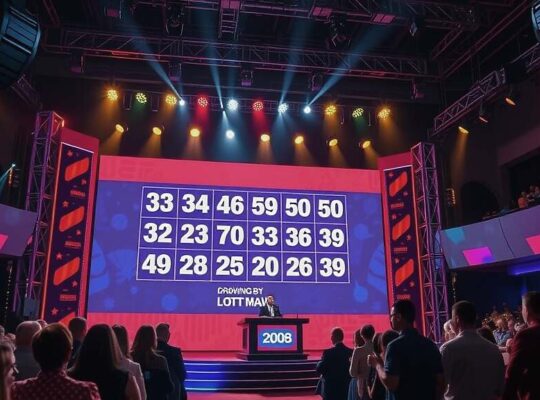Lottery Winnings Remain Tax-Free Amidst Concerns Over Gambling Addiction
The Eurojackpot lottery draw held Friday evening yielded the winning numbers 3, 5, 20, 30 and 37, with Euro numbers 6 and 12. While the prospect of such a windfall excites many, the event also highlights ongoing discussions surrounding gambling and its societal impact.
The odds of securing the jackpot, classified as prize category 1, remain astoundingly low at 1 in 140 million, underscoring the element of chance inherent in the game. This staggering improbability fuels the allure for many, yet simultaneously raises critical questions about responsible engagement with such games.
A noteworthy aspect of the German lottery system is the legal status of winnings. Current legislation dictates that lottery earnings are exempt from income tax, meaning that fortunate players are not subject to taxation on their prize money. This differs significantly from many other forms of income and has been a point of contention for some, who argue it creates an uneven playing field.
While the tax-free status provides a considerable benefit to winners, it also coincides with increasing scrutiny concerning gambling addiction. Experts and advocacy groups consistently emphasize the potentially addictive nature of lottery games and the risk of financial hardship for vulnerable individuals. The relative ease with which people can participate, coupled with the enormous prize pools, creates a complex interplay between economic opportunity and societal wellbeing.
The Friday Eurojackpot draw and the subsequent celebration and speculation, serves as a timely reminder for policymakers to consider the broader implications of gambling regulations and to prioritize initiatives promoting responsible gaming practices and providing support for those struggling with addiction. The current system, while economically beneficial to some, demands a constant reevaluation of its potential social costs.












